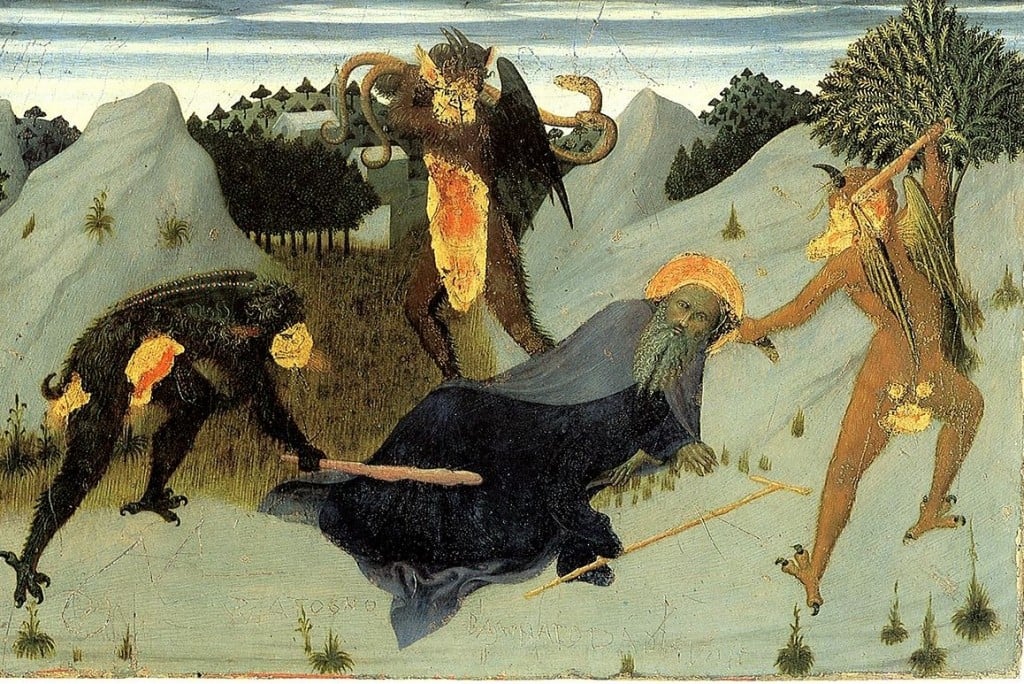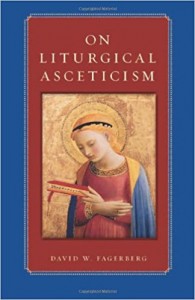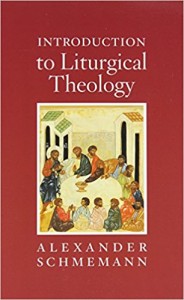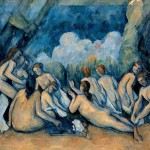
The following is an exchange I facilitated between Villanova theologian Kevin Hughes and Notre Dame liturgist Timothy O’Malley (I’ll resist the urge to say “Go Zags!”).
Their exchange grew out of a discussion I started with the statement, “Bad liturgy is a form of penance.”
 Kevin Hughes: You’ve written so beautifully about the relationship between liturgy and life, and I have learned so much. You’re following in a great tradition of writers like Romano Guardini, Alexander Schmemann, Joseph Ratzinger, and David Fagerberg. When I read all of these authors, I find myself torn. On the one hand, I am completely persuaded, in theory, but, at the same time, I cannot read this stuff without some sense of guilt or shame or disappointment. Almost every experience of liturgy I have on a regular basis simply cannot bear the weight that this theory seems to place on it. There are real limits on what our present liturgy seems to be capable of expressing, both aesthetically and theologically. My own spiritual strategy each Sunday is more like finding a way to make the best use of a bad liturgy than it is to delight in the “source and summit of our faith.” And when I talk to my fellow parishioners, I find that I am not alone. I have a good parish, so the good news is that we all are committed to make the best of it. But the bad news is that we have just make the best of it.
Kevin Hughes: You’ve written so beautifully about the relationship between liturgy and life, and I have learned so much. You’re following in a great tradition of writers like Romano Guardini, Alexander Schmemann, Joseph Ratzinger, and David Fagerberg. When I read all of these authors, I find myself torn. On the one hand, I am completely persuaded, in theory, but, at the same time, I cannot read this stuff without some sense of guilt or shame or disappointment. Almost every experience of liturgy I have on a regular basis simply cannot bear the weight that this theory seems to place on it. There are real limits on what our present liturgy seems to be capable of expressing, both aesthetically and theologically. My own spiritual strategy each Sunday is more like finding a way to make the best use of a bad liturgy than it is to delight in the “source and summit of our faith.” And when I talk to my fellow parishioners, I find that I am not alone. I have a good parish, so the good news is that we all are committed to make the best of it. But the bad news is that we have just make the best of it.
This sense of lack, of aesthetic, symbolic, and spiritual thinness, has led me from time to time to explore the Extraordinary Form liturgies. There, I have found that the form of the liturgy is richer, but too often it is surrounded by a self-satisfied chill in the air. “EF” communities in my experience are tempted to a kind of pride in being among the chosen few who are “doing it right,” and it’s as if the whole community is embodying Jesus’ Parable of the Pharisee and the Tax Collector. So I find it hard to pray there. So for better or for worse, I am in a “tax collector” community… limping along. It isn’t pretty, and we all know it, but I’m hoping we “walk away justified.” What can we do?
 Timothy O’Malley: I hear your cry of lament (and have to say that I’ve often thought the same thing). I’ve frequently read the claim of Alexander Schmemann that liturgy is prima theologia, first order theology, and I’ve thought to myself, “I hope not.” It would mean that first order theology is often poorly done, absent aesthetic splendor, and devoid of a moment of contemplation.
Timothy O’Malley: I hear your cry of lament (and have to say that I’ve often thought the same thing). I’ve frequently read the claim of Alexander Schmemann that liturgy is prima theologia, first order theology, and I’ve thought to myself, “I hope not.” It would mean that first order theology is often poorly done, absent aesthetic splendor, and devoid of a moment of contemplation.
I fear that liturgical theology in attempting to elevate the liturgy to a place of privilege in theology has bypassed the particularity of liturgical celebrations. Liturgy, in general, may be the union of heaven and earth, the transfiguration of the polis according to the Eucharistic logic of the God-man. But, it is often difficult to perceive this claim in light of the actual, too often suburban, therapeutic celebrations that mark post-conciliar liturgy. Like Aidan Kavanagh, I hope that liturgical education is more than the making of really nice banners for worship. But, I also hope that liturgical education does not simply become a series of Platonic claims about the nature of a liturgy that rarely exists hic et nunc.
I do see the Extraordinary Form as a reaction against the therapeutic and verbose liturgical prayer that often marks celebrations of the Novus Ordo. But, as you note, I also find it disturbing that adherents of the Latin Mass can easily take up a posture that is almost Donatist. . .












